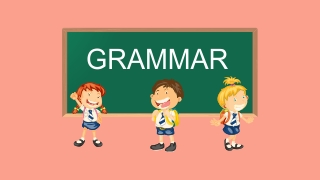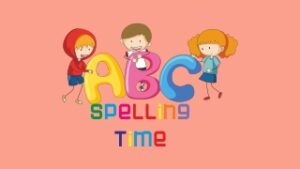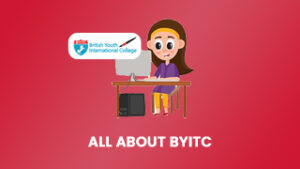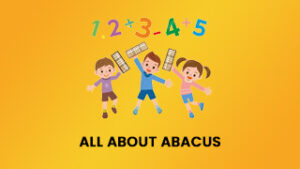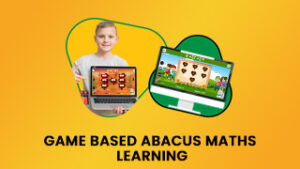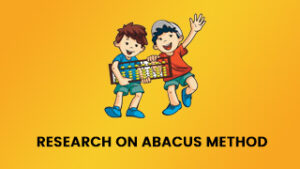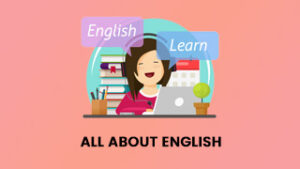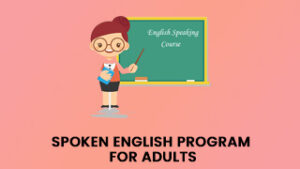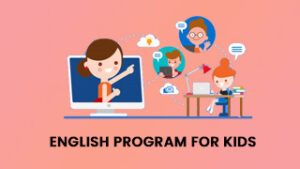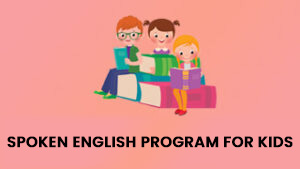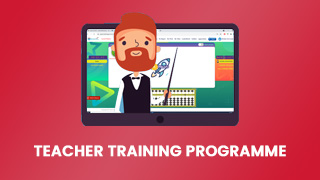English Teacher for Kids
July 19, 2021 2023-06-13 11:37Learn British English Accent
Get Trained with a British Teacher
Who is this for?
Students between Age 4 to 14 only of age, as accents are difficult to acquire after a certain age
What level will my child be at?
Age and Levels
4-6 years —> Level 3-6
6-8 years —> Level 5-8
8-10 years —> Level 7-10
8-14 years —> Level 9-12
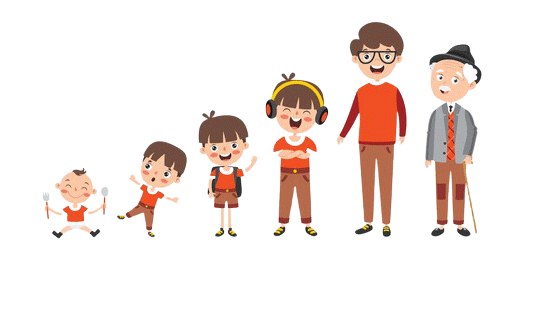
Our amazing English course will enable students to emphasise on different categories
- English Accent Training by British English Teachers
- Improving Pronunciation and spelling
- Learning Creative communication and storytelling skills
- Enhancing the vocabulary
- Improvising the usage of punctuation in sentences
- Advancement in the knowledge of grammar

Details of the English Syllabus
CLICK HERE FOR THE ENHANCED ENGLISH SYLLABUS - LISTENING, SPEAKING, READING, WRITING
Our English Teacher for Kids leverage our comprehensive coursesto aid your children in doing the best they can when at school, the syllabus will include:
Speaking skills:
- English accent pronunciation training
- Pronunciation
- Use of phonetics to aid in identifying speech sounds (as child progresses start to use less “ah bihkih” and use “abc”).
- Voice modulation and tone
- Speaking at an even pace
Reading skills
- Pronunciation
- Reading at an even pace
- Comprehension of assigned texts
- Reading fiction, non-fiction, academic texts, newspapers, journals
- Interpreting and understanding passages and pictures
- Vocabulary building
Writing skills:
- Correct usage of vocabulary in a sentence
- Proper grammatical constructions
- Spellings and their rules- 24 new words each week
- Appropriate usage of punctuation- commas, semi-colon, hyphen, apostrophe, etc.
- Letters- Formal vs Informal
- Essays- Academic vs Imaginative
- Cursive writing (if required)
- Using a thesaurus/ dictionary
Listening skills:
- Understanding spoken speech
- Interpreting information over spoken language
- Understanding tone and intention in spoken language
- Listening to understand information and responding to questions asked
Grammar:
- Parts of Speech
- Nouns
- Pronouns
- Adjectives
- Adverbs
- Prepositions
- Conjunctions
- Interjections
- Determiners
- Modals and Auxiliaries
- Phrases, Idioms, and Figures of Speech
- Clauses and Conditionals
- Simple, Compound, and Complex Sentences
- Clauses and Conditionals
- Active and Passive voice/ Direct and Reported Speech
Tenses:
- Present Simple, Present Progressive, Present Perfect
- Past Simple, Past Progressive, Past Perfect
- Future Simple, Future Progressive, Future Perfect
- Homophones, Homonyms, Homographs
- Prefixes and Suffixes
- Antonyms and Synonyms
- Rhyming words
- Compound words
Learning Creative communication and storytelling skills
- Creative Speaking
- Storytelling
- Speeches
- Personal essays
- Poetry
- Short fiction- short stories, blog pieces, etc.
- Wring using picture/ word/ sentence prompts
- Speculative/ Imaginative essays
- Academic essays
- Structuring events for narratives
- Short plays
FOUNDATION
- Sentence Development
- Capitalization
- Punctuation
- Further Punctuation
- Nouns and Verbs
- Adjectives and Adverbs
- Compound Words
- Prefixes and Suffixes
- Dictionary Surfing
INTERMEDIATE
- Sentence Development
- Capitalisation
- Punctuation
- More Punctuation
- Fluency of Speech
- Further Speech Development
- Word Parts and Counterparts
HIGHER
- Writing Basics/li>
- Using Phrases
- Punctuation
- Confusing Words
- Ambiguity in English
- Writing Techniques
- Referencing Skills
- Writing Formats
ADVANCED
- Capitalisation and Punctuation
- Nouns and Adjectives
- Pronouns and Verbs
- Gerunds, Participles and Infinitives
- Creating Sentences
- Critical Thinking
- Writing Essentials
Creative writing and storytelling skills
In today’s world, a speaker is supposed to put his thoughts in a way that should be effective and engaging. We work on improving a student’s language creativity through various activities. We teach them the use of the right context, words, and actions to convey the message.
Age 4 to 8
- Imaginative Essays writing
- Picture stories and discussion
- Writing short stories of around 200 words
Students age 8 to 12
- Imaginative Essays writing
- Picture stories analysis and discussion
- Creative characters
- Writing short stories of around 300 to 500 words
Students age 12 to 14
- Creative characters and scenes
- Writing with prompts
- Writing stories 500 words and beyond
What We Cover in This Course
- “Accent training”- We focus upon providing accent training by native british teachers to help students develop a neutral and/ or British accent. A variety of creative and engaging class activities are done with a specialised British English teacher for kids such as group discussions, plays, poetry, and much more are done to engage and train students in proper accent and pronunciation.
- Students will be trained by native British English Teacher for Kids in phonics, an essential skill to ensure successful reading. Students will be instructed and trained to understand the relationship between sounds and spellings, and more importantly, the difference in pronunciation and enunciation of words and phrases. Activities focused on this skill include storytelling, poetry, and elocution.
- Our English Teacher for Kids make young adults proficient in the basics of Grammar. Grammar is the foundation of a language and learning the fundamentals of the language is crucial in gaining proficiency in a language. Grammar rules are important for effective communication, such as understanding the formal/ informal, or the use of imperatives and statives in daily communication.
- Command over these fundamentals along with the language skills enable a child to understand the subtle nuances of a language, and we strive to ingrain these fundamentals right from the start.
- Vocabulary is the basis of communication. The larger your vocabulary, the more effective the communication. Along with encouraging students to expand their vocabulary, our English Teacher for Kids stress on learning correct spellings as well.
- In an age of automatic spell-checkers, it is still important to learn correct spelling as very often, meanings of words change due to incorrect spelling, thus leading to miscommunication and misunderstandings.
- Reading comprehension is a key component of our English program. Reading is a key skill in any language, and it is crucial that students not only learn to read but also to understand what they are reading.
- We provide students with a wide range of age-appropriate reading material such as fiction, nonfiction, poetry, news articles, academic and scientific journal extracts, etc. that educates as well as encourages them to critically read a piece of writing.
- Children are naturally creative and explorative. Given the right tools and proper guidance by our English Teacher for Kids, they can learn to hone their skills and develop their creative writing.
- Under creative writing, we introduce our students to different forms of creative writing which gives them a chance to choose the style they are most comfortable with and build up on that style during the course.
- Creative writing requires a certain amount of fluency in the language along with a firm understanding of grammar. However, we do encourage our students to write their best and provide feedback on their work to help them improve with each piece they write.
- We also organise specialised creative writing workshops during the year for students to participate in a more focused session and enhance their writing skills.
- Confidence stems from knowledge. When a child is aware that they are doing well and are able to converse without much difficulty, their confidence increases, and they are more likely to speak out in public.
- Our classes encourage students to speak and write in English in an environment that is conducive to their growth.
- Along with acquiring a language, children acquire soft skills such as public speaking, presentation, and objectively communicating arguments.
- Children are encouraged to research and analyse information they did not have previously and are taught the correct methods of doing so.







